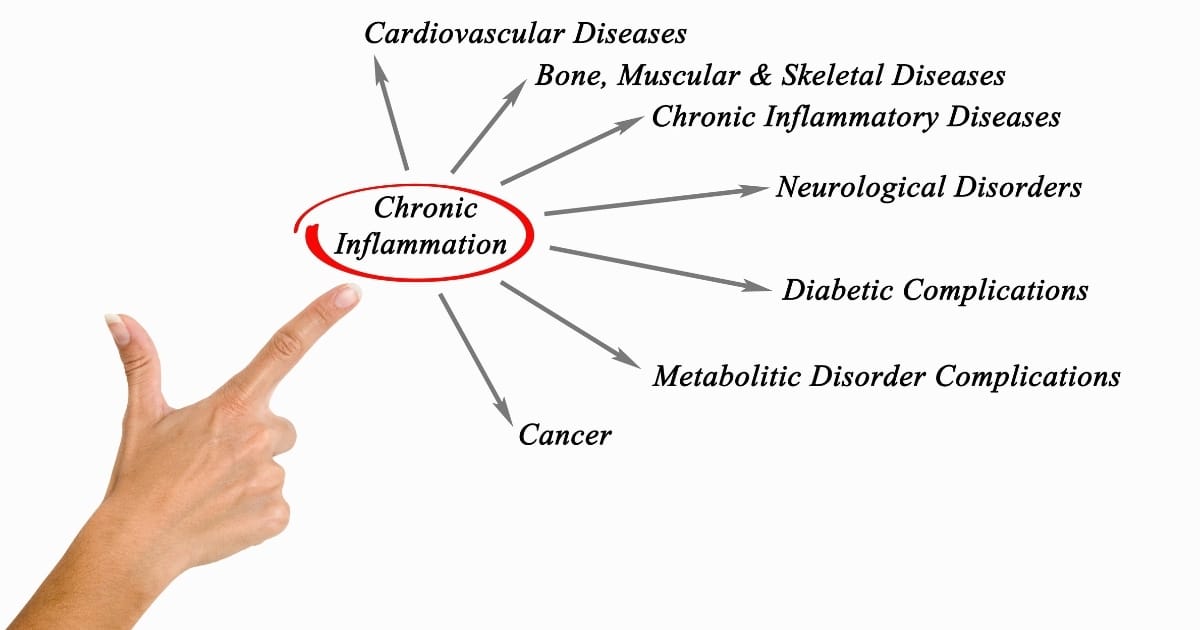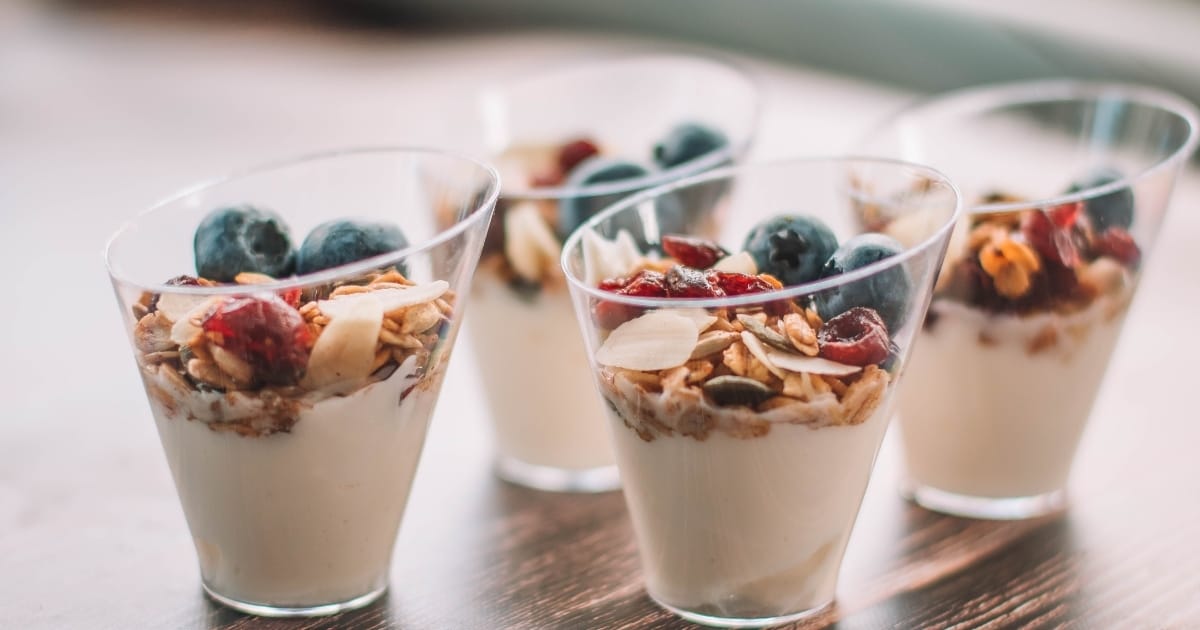- Mo's Healing Hub
- Posts
- Nurturing the Gut-Brain Connection
Nurturing the Gut-Brain Connection

Understanding the Impact of Gut Health
on Mental Well-Being
The relationship between our gut and brain has long been a topic of fascination in health and wellness. Scientific research continues to unveil the intricate connection between the gut and mental well-being, shedding light on how our gut health significantly influences our emotional and cognitive states.

We’ll look into the profound relationship between the gut and brain, exploring the impact of gut health on mental well-being and offering insights into foods that support both, promoting a harmonious gut-brain connection.
The Gut-Brain Connection
Understanding the gut-brain connection is fundamental to appreciating its influence on our overall health. This bidirectional communication system links the central nervous system (the brain and spinal cord) to the enteric nervous system (the intrinsic nervous system of the gastrointestinal tract).

The gut houses a complex network of neurons, neurotransmitters, and the gut microbiota, collectively known as the gut microbiome.
Effects of Gut Health on Mental Well-Being
Neurotransmitter Production: The gut microbiome plays a pivotal role in synthesizing neurotransmitters like serotonin, often referred to as the "happy hormone." Serotonin is primarily produced in the gut, influencing mood, sleep, and appetite regulation. Imbalances in the gut microbiota can affect serotonin levels, impacting mental health.
Inflammation and Mental Health: Disruptions in gut health can lead to increased inflammation, which has been linked to various mental health disorders, including depression and anxiety. Chronic inflammation can compromise the blood-brain barrier, allowing inflammatory molecules to affect brain function.

Gut Permeability (Leaky Gut): When the gut lining becomes permeable, allowing particles to pass through into the bloodstream, it can trigger an immune response and potentially impact brain function. This phenomenon, known as "leaky gut," is associated with certain mental health conditions.
Foods Supporting Gut Health
and Mental Well-Being
Fermented Foods: Incorporating probiotic-rich foods like yogurt, kefir, kimchi, sauerkraut, and kombucha can enhance gut health. Probiotics contribute to a balanced gut microbiome, promoting a healthy environment for neurotransmitter production.

High-Fiber Foods: Fiber-rich foods such as fruits and vegetables aid in maintaining gut health by supporting the growth of beneficial gut bacteria. This, in turn, contributes to the regulation of inflammation and the overall well-being of the gut-brain connection.
Omega-3 Fatty Acids: Foods rich in omega-3 fatty acids, like salmon, chia seeds, flaxseeds, and walnuts, possess anti-inflammatory properties and support a healthy gut environment, potentially benefiting mental health.
Prebiotic Foods: Prebiotics, found in foods like garlic, onions, leeks, asparagus, and bananas, serve as fuel for the beneficial bacteria in the gut, promoting a flourishing microbiome.

The intricate relationship between the gut and brain underscores the importance of nurturing gut health for overall well-being, including mental health. Making mindful dietary choices by incorporating foods that support a healthy gut microbiome is a proactive step toward promoting a harmonious gut-brain connection.
